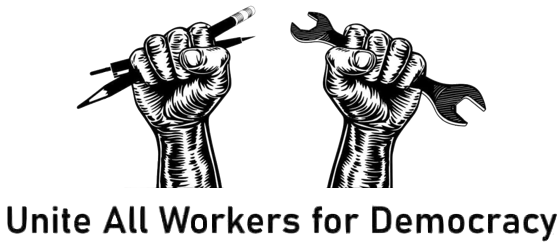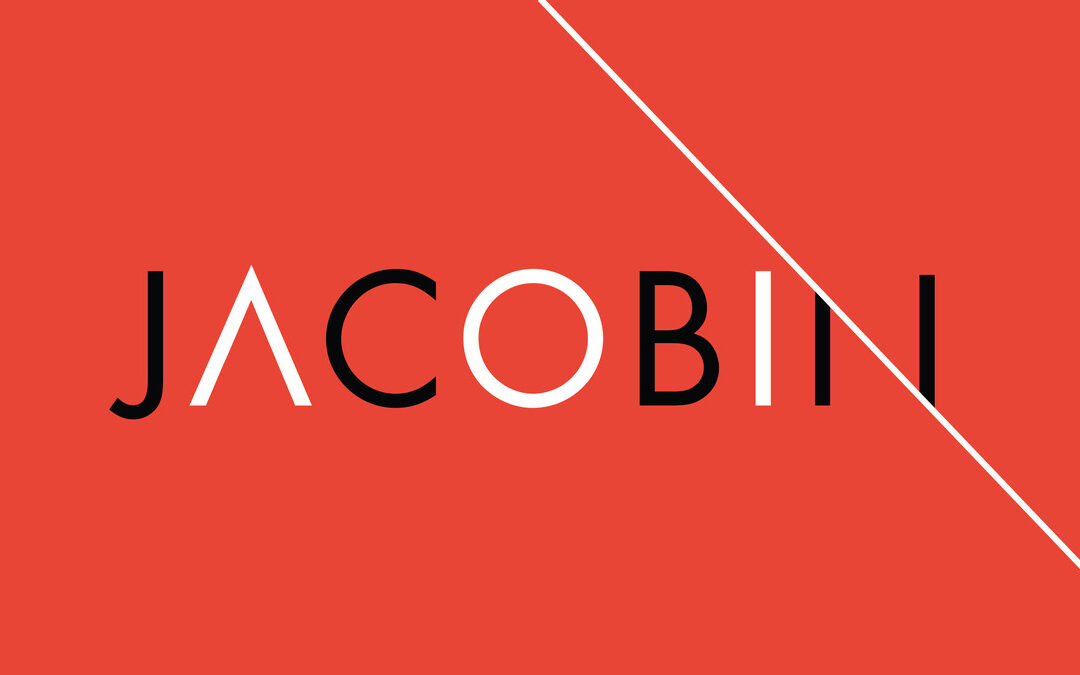Chris Bohner writes for Jacobin about how this year’s biggest contract victories have been won by unions in which members directly elect their leaders:
“A robust democratic process certainly played a major role in the United Auto Workers (UAW) contract fight with the Big Three automakers and the International Brotherhood of Teamsters (IBT) campaign against UPS. Leading up to their contract expirations, both the UAW and Teamsters had highly competitive and contested elections for their top leadership positions, directly engaging the membership in debates about the union’s negotiation strategy with employers and concessionary contracts, improvements in strike benefits, and the removal of antidemocratic obstacles. […]
“[A]s the UAW demonstrates, when a union moves to direct elections of leadership, it is more apt to use its financial assets for strikes and growth. For example, rather than continuing to invest the UAW’s massive strike fund in Wall Street hedge funds and private equity, the directly elected officers used those assets to fund a militant and successful strike, likely costing the union close to $100 million in strike benefits. And on the heels of the contract victory, the union has announced an ambitious campaign goal of organizing 150,000 nonunion autoworkers at thirteen companies.
The lack of direct elections of officers also makes the task of internal union caucuses pushing for democratic reform — i.e., internal opposition parties like the Teamsters for a Democratic Union (TDU) or the UAW’s Unite All Workers for Democracy (UAWD) — much more difficult to achieve.”
Read more in Jacobin.

